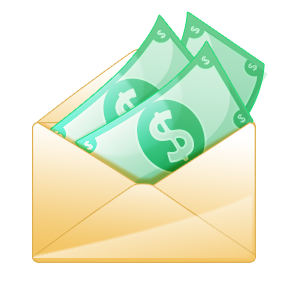Your car insurance bill for the next 6 months just came in the mail. Financial surprise? Optimistically not, but if this is something that would trip up your budget, which hopefully you have, then it is time for you to reevaluate your finances.
Hidden expenses no longer exist once you recognize and plan for them.
Infrequent bills
One of the best ways to figure out these expenses is to take a look at the year as a whole. Determine which expenses come daily, weekly, monthly or more infrequently.
Don’t forget about insurance premiums that often come biannually, your yearly gym membership fee and of course, the dreaded tax man. Also take into consideration expenses that are not set in stone such as car repairs, home maintenance and unexpected illnesses.
If you take these numbers into account now and budget out a portion of your finances for them each month, you will know exactly where the money is going to come from when the bills actually roll around.
There are some helpful online calculators that can help you estimate the monthly amount you should be putting aside for these more spread out expenses.
Small Repeated Expenses
There are also small repeated expenses that often go overlooked, but can really add up.
How much is that daily Diet Coke fix, “doing lunch” with your friends, going out for drinks after work, or splurging on the name brand really costing you?
It is not necessarily that these things should be done away with, but when planning a budget they should be kept in mind and planned for accordingly. There are ways to keep the “extras” around while lowering the cost.
Consider buying in bulk, doubling a recipe and freezing the extra for a hectic night, or wait to buy that coveted item until it goes on sale.
Budget Planning
Part of this planning can be done around each payday or at least once a month. What do you do with your paycheck when it comes?
A great idea that will help your money reach its potential that takes only minimal planning on your part is to give each dollar a job. Account for every penny that you earn and assign it a duty such as car payment, bills, groceries, dream trip to Italy, or opening a money market account for a rainy day.
If you would like to see a list of banks that provide high yield money market and savings accounts click here
This managed budget will highly depend upon individual circumstances and values. You may not necessarily begin to spend less money, but you will have a greater sense of where your money is going and you will be able to better direct it to the things that you value most and will bring you greatest satisfaction. As life happens these numbers can always be adjusted and moved around to meet your needs.
Knowledge is power and knowing where your money is going will put you in charge of your money rather than letting it control you.


